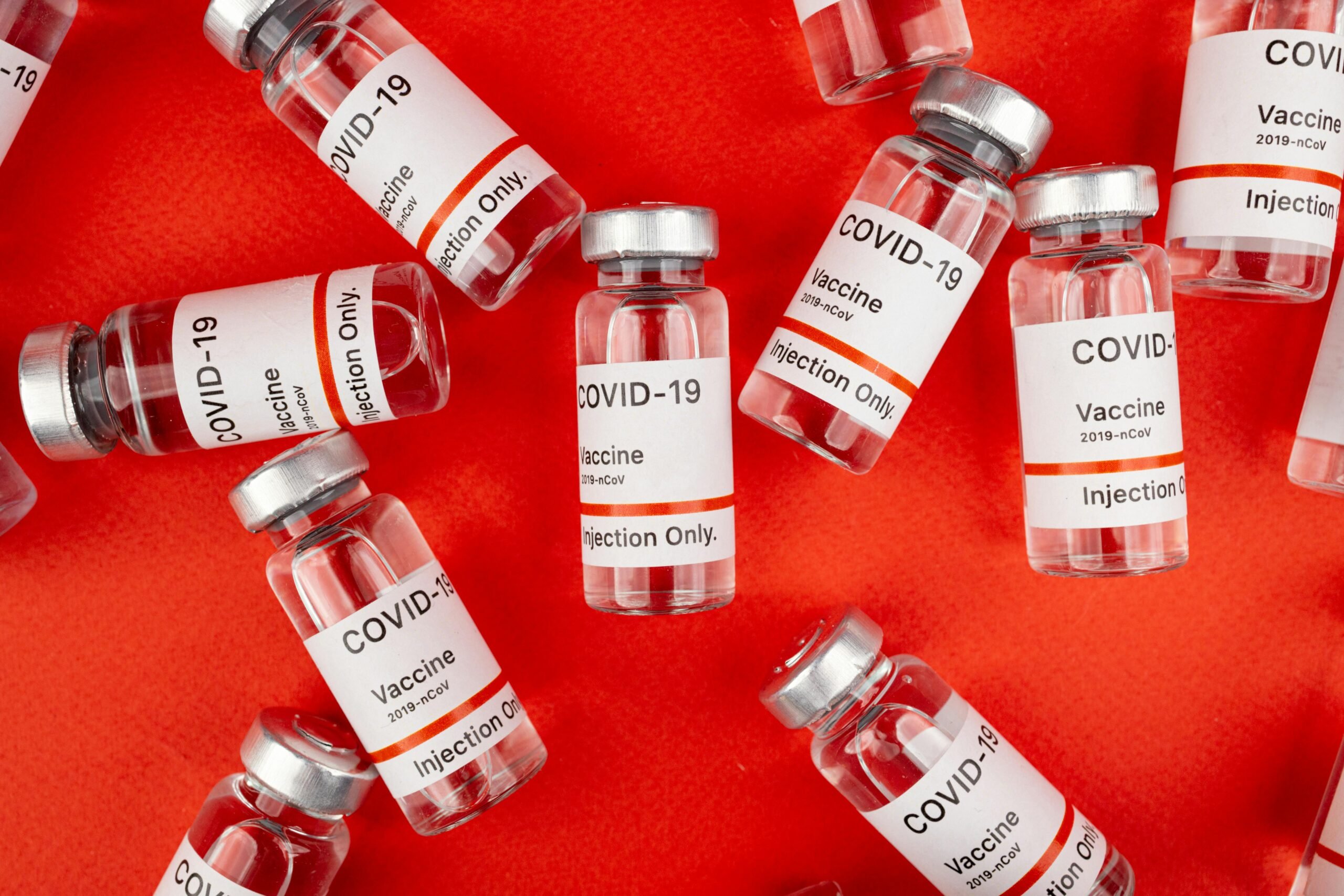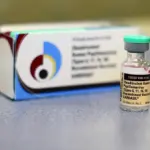Health and Human Services Secretary Robert F. Kennedy Jr. announced on May 27, 2025, that the Centers for Disease Control and Prevention (CDC) will no longer recommend COVID-19 vaccines for healthy children and healthy pregnant women. This major policy shift breaks from the CDC’s previous guidance that recommended the vaccine for everyone aged six months and older.
Kennedy made the announcement in a 58-second video posted on X (formerly Twitter), calling the decision “common sense” and “good science.” He appeared alongside Dr. Martin Makary, Commissioner of the Food and Drug Administration, and Dr. Jay Bhattacharya, Director of the National Institutes of Health.
Public Health, Disease, Health Alert, FDA, Health Risks, Study, Vaccination, Safety,
“I couldn’t be more pleased to announce that as of today the COVID vaccine for healthy children and healthy pregnant women has been removed from the CDC recommended immunization schedule,” Kennedy said in the video.
Breaking With Established Process
This announcement bypassed the CDC’s normal procedure for changing vaccine recommendations. Typically, such decisions come after the Advisory Committee on Immunization Practices (ACIP) – a group of independent medical experts – reviews scientific evidence and votes on recommendations. The ACIP had a meeting scheduled for June to discuss potential changes to COVID-19 vaccine guidance.
“This decision bypasses a long-established, evidence-based process used to ensure vaccine safety,” said Dr. Sean O’Leary, chair of the American Academy of Pediatrics Committee on Infectious Diseases.
Former acting CDC director Richard Besser expressed similar concerns: “One of the things that I relied on as a pediatrician was an assurance that the recommendations that came to me were based on the best available science and evidence, and came from the work of the expert advisors to the CDC. This is clearly not coming from that direction, and that’s greatly concerning.”
Insurance Coverage Questions
The change raises questions about insurance coverage for COVID-19 vaccines. Under the Affordable Care Act, insurance companies must cover vaccines recommended by the CDC with no out-of-pocket costs to patients. If the vaccines are no longer recommended for certain groups, families may face new costs.
“It will be a cascade of events,” said Dr. Paul Offit, director of the Vaccine Education Center at Children’s Hospital of Pennsylvania. “It’ll be insurance companies may not pay for it, the vaccine for children’s program may not pay for it, [making it] more expensive, less available and less used.”
Richard Hughes IV, a former vice president of public policy at Moderna who teaches vaccine law at George Washington University Law School, called the situation “a legal gray area.”
Medical Organizations Push Back
Medical groups quickly criticized the decision. The American College of Obstetricians and Gynecologists (ACOG) said it was “extremely disappointed” by the announcement.
“We have seen firsthand how dangerous COVID infection can be during pregnancy and for newborns who depend on maternal antibodies from the vaccine for protection,” ACOG wrote in a statement. “We also understand that despite the change in recommendations from HHS, the science has not changed. It is very clear that COVID infection during pregnancy can be catastrophic.”
Dr. Tina Tan, president of the Infectious Diseases Society of America, expressed concern that the announcement “takes away choices and will negatively impact” Americans, particularly pregnant people.
Similar Posts
Risk to Children and Pregnant Women
The CDC has previously found that about half of children hospitalized with COVID-19 had no underlying medical conditions. Data from July 2023 to March 2024 showed that 50% of children hospitalized due to COVID had no pre-existing health issues.
For infants under six months, who cannot receive the vaccine themselves, maternal vaccination has been shown to provide protection through antibody transfer. Babies in this age group have been at higher risk for COVID hospitalization than any other pediatric age group.
Pregnant women face significantly higher risks from COVID-19 infection, including increased rates of hospitalization, intensive care unit admission, and complications like preterm birth and stillbirth.
Differing Views on Vaccine Benefits
Kennedy’s announcement reflects his longstanding skepticism about vaccines. He has previously called the COVID-19 vaccine “the deadliest vaccine ever made,” citing rare cases of myocarditis (heart inflammation) in young men.
However, studies have consistently shown that the risk of myocarditis is significantly higher from COVID-19 infection than from vaccination. Research has found that the risk of myocarditis after infection was more than seven times greater than the risk after vaccination.
Dr. Michael Mina, a former professor of epidemiology at Harvard, noted that there are legitimate scientific questions about whether children need annual COVID shots: “Children might not benefit as much as adults would from a yearly shot because their immune systems can remember vaccinations for much longer.”
Upcoming Vaccine Availability
This policy change comes amid broader shifts in COVID-19 vaccine approval. Just a week earlier, the FDA announced plans to require new “gold-standard” placebo-controlled clinical trials for future COVID-19 vaccines intended for healthy individuals.
These stricter requirements could delay the availability of updated vaccines for the fall 2025 season, when COVID-19 cases typically increase. The FDA’s vaccine advisory committee recently recommended that the 2025-2026 COVID-19 vaccines target the LP.8.1 strain, which made up 70% of U.S. COVID cases as of May 10, 2025, according to the most recent data available.
Current Vaccination Rates
Before this announcement, COVID-19 vaccination rates were already low among the affected groups. The CDC estimated that only 13% of eligible children and 14.4% of eligible pregnant women had received the latest version of the COVID-19 vaccine.

While COVID-19 cases, hospitalizations, and deaths are currently low in the U.S., the virus continues to circulate, with new variants like NB.1.8.1 being monitored.
“We still have children in our emergency department with COVID,” Dr. Offit noted. “When we see them, they have bronchiolitis or bronchitis. Do they consider that not worthy of prevention?”


















